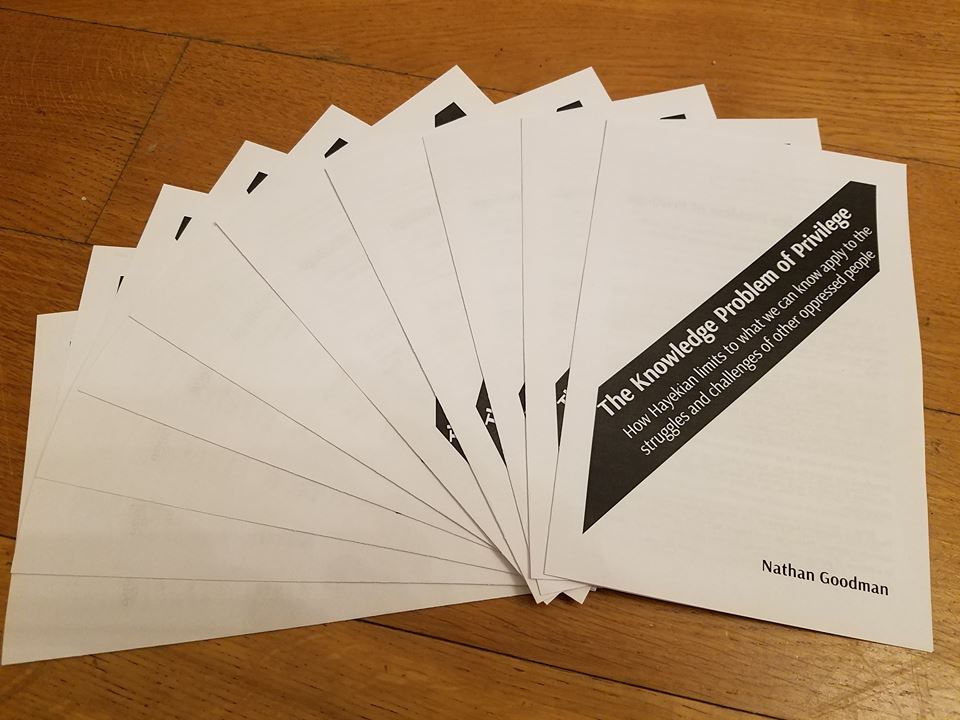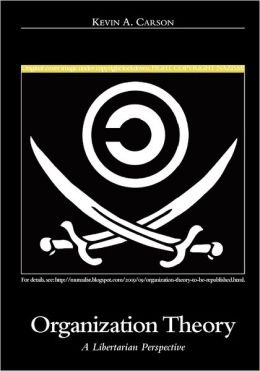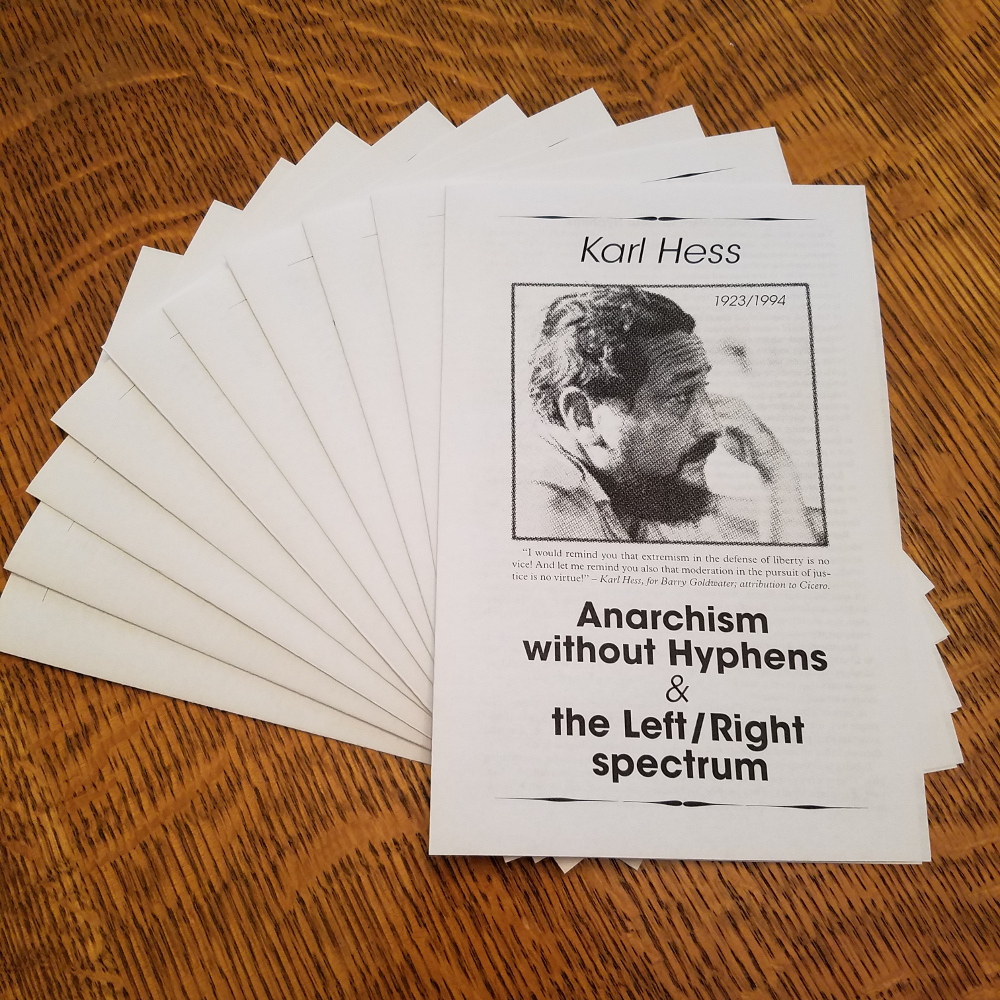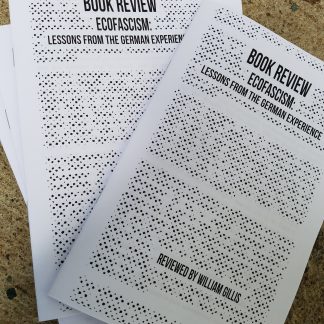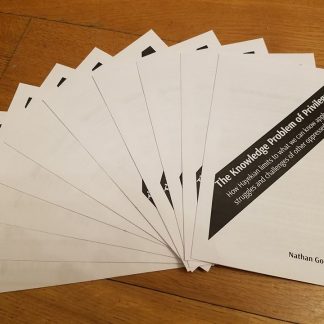Description
The Knowledge Problem of Privilege
In his classic essay, “The Use of Knowledge in Society,” F.A. Hayek explains the concept of distributed knowledge. Every individual has unique knowledge shaped by their experiences and preferences, knowledge that may not be accessible to others, no matter how well educated they may be. Hayek writes:
“Today it is almost heresy to suggest that scientific knowledge is not the sum of all knowledge. But a little reflection will show that there is beyond question a body of very important but unorganized knowledge which cannot possibly be called scientific in the sense of knowledge of general rules: the knowledge of the particular circumstances of time and place. It is with respect to this that practically every individual has some advantage over all others because he possesses unique information of which beneficial use might be made, but of which use can be made only if the decisions depending on it are left to him or are made with his active cooperation.”
Hayek then discusses examples of this knowledge as it applies in an economic context. Producers, consumers, and other individuals cooperating in a market all possess unique knowledge that only they can use, knowledge that is utterly inaccessible to any bureaucratic central planner. …
